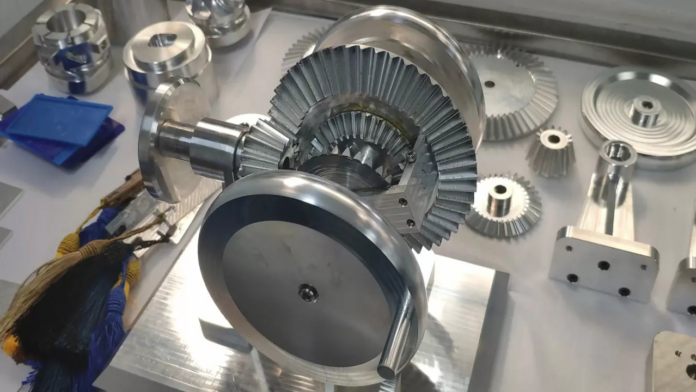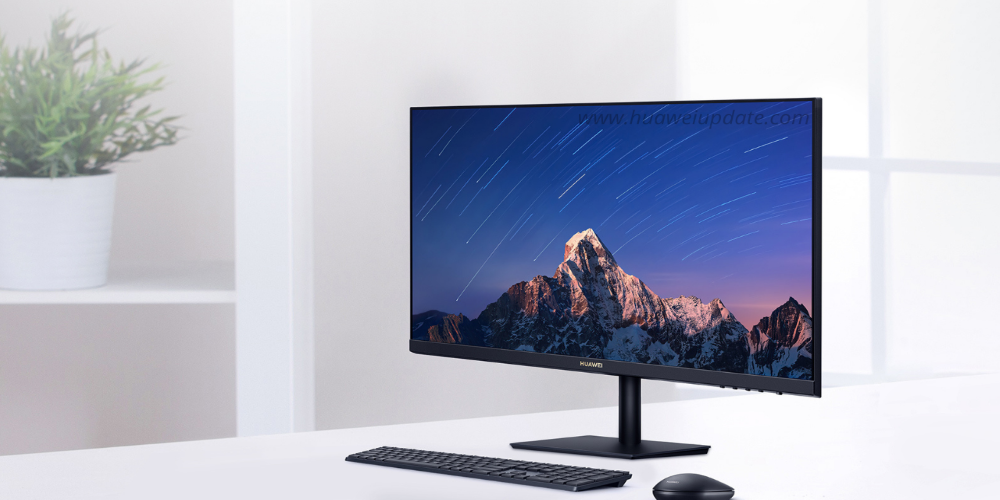CNC machining is a widely-used manufacturing process that involves creating precise parts by removing materials with a cutting tool guided by a computer. The choice of material plays a crucial role in CNC machining since it affects the overall quality, durability, and performance of the final product. One of the most popular materials for CNC machining is Aluminum 5052.
In this blog post, we’ll discuss the advantages and characteristics of Aluminum 5052 to help you make a more informed decision.
Superior mechanical properties
Aluminum 5052 is a high-strength, non-heat-treatable alloy with excellent corrosion resistance. It has good fatigue strength and machinability, making it suitable for a wide range of applications. Its tensile strength ranges from 31 to 57 ksi, making it ideal for structural purposes like transportation, marine, and aerospace industries.
Lightweight and versatile
Another advantage of Aluminum 5052 is its lightweight and versatility. Due to its low density, Aluminum 5052 is the go-to material for lightweight and intricate components. It’s widely used in custom parts or in engine components, electrical enclosures, decorative trim, and packaging.
Easy to machine
Aluminum 5052 is also incredibly easy to machine, making it a top choice for CNC machining projects. Its soft, malleable nature allows for precise cuts and drilling operations, with excellent surface finish and tight tolerances. Additionally, unlike other metals, aluminum doesn’t work-harden – meaning you won’t have to alter machining settings mid-project.
Cost-effectiveness
Finally, one of the best things about Aluminum 5052 is its cost-effectiveness. Compared to other different kinds of materials, Aluminum 5052’s cost is relatively low, especially given its favorable characteristics for CNC machining. Aluminum 5052 is an excellent choice if you’re looking to create a high-quality product that is affordable.
Corrosion-Resistance
When it comes to corrosion resistance, this alloy truly excels, particularly in marine and saltwater environments. Its ability to resist corrosion is due to the formation of a protective oxide layer on its surface. This oxide layer acts as a barrier, preventing rust and other forms of deterioration. As a result, this alloy is highly reliable for outdoor or marine applications where exposure to moisture and salt is common. Its exceptional resistance to corrosion ensures longevity and durability even in harsh conditions.
Weldability
Aluminum 5052 is indeed weldable, making it a versatile choice for fabricating larger structures or joining multiple parts. Various welding techniques can be employed to create strong and durable connections with this alloy.
Anodizing
Aluminum 5052 positively responds to anodizing processes, offering an opportunity to enhance its surface properties. Anodizing can improve the hardness and wear resistance of the alloy while also providing aesthetic benefits, such as the ability to achieve different colors and finishes. This makes aluminum 5052 a preferred choice for applications where both performance and visual appeal are important.
Conclusion
Choosing the right material for your CNC machining project is crucial. Aluminum 5052 is an excellent choice for a majority of projects due to its superior mechanical properties, lightweight nature, ease of machining, and affordability. Whatever your industry or project needs, Aluminum 5052 is a top choice material that will help you achieve your desired result with ease.



















